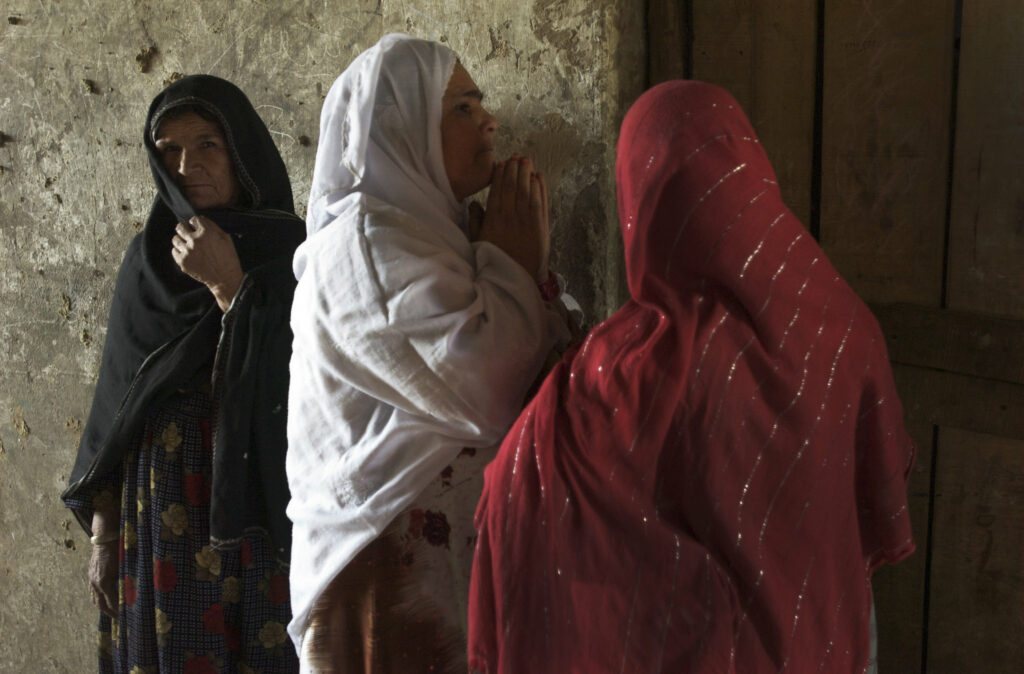
Forced displacement is on the rise in all parts of the world. According to the United Nations Refugee Agency, more than 117 million people were forcibly displaced at the end of 2023 as a result of war, violence, human rights violations, or political, ethnic, gender or religious persecution.
Afghan refugees continue to make up one of the largest displacement situations. With the return to power of the Taliban in 2021, and the deliberate attacks on minorities, women, human rights defenders, journalists and civil society actors, millions of Afghans have been forced to flee the country, many for the second and third times in their lives. Currently, according to UNHCR, 8.2 million Afghans are sheltered in five neighboring countries: Iran, Pakistan, Tajikistan, Turkmenistan and Uzbekistan, either trying to find a livelihood locally or searching for options to seek settlement elsewhere.
The hardships Afghan forcibly displaced people, and displaced people globally, have endured in their country and through their displacement make them extremely vulnerable. While many suffer from trauma, they also face protection challenges and lack access to shelter, food and other basic services. With a deteriorating socio-political, economic and security situation in host countries, forcibly displaced people also suffer exclusion and discrimination. Persecution on the grounds of socio-political, ethno-religious, and gender identity has been a key dimension of this displacement trend.
Afghanistan Advancing Rights: Adopting an Inclusive and Victim-Centered Documentation and Memorialization Approach
Project Details
In response to this crisis, in 2023 the International Coalition of Sites of Conscience, through its Global Initiative for Justice, Truth and Reconciliation, partnered with the Afghanistan Human Rights and Democracy Organization (AHRDO), a Site of Conscience once located in Afghanistan, to implement “Afghanistan Advancing Rights: Adopting an Inclusive and Victim-Centered Documentation and Memorialization Approach,” an effort to advance the rights of victims of human rights violations and forced displacement by adopting documentation and memorialization approaches that center their voices and needs and that empower them to take part in transitional justice processes and advocacy efforts.
Photo credit: UN Photo/Eric Kanalstein via CC BY-NC-ND 2.0 DEED
